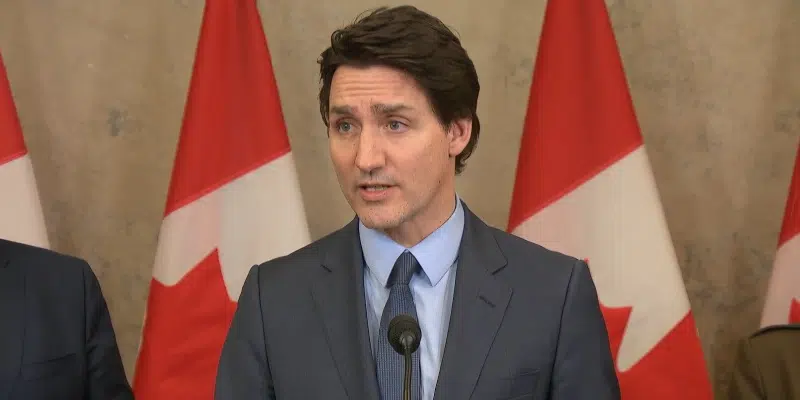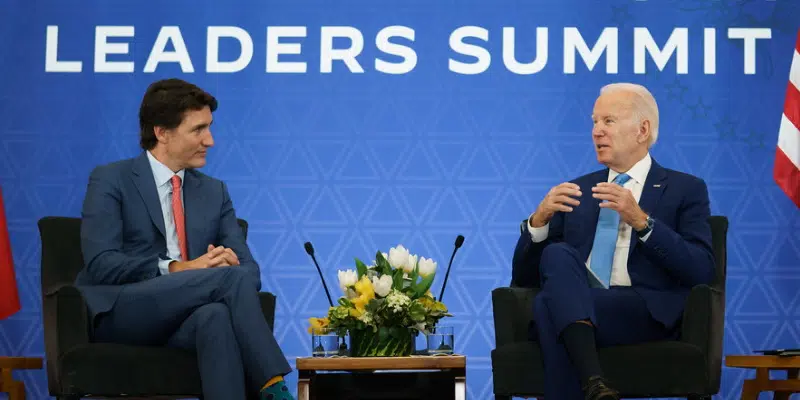It’s not an inquiry, but Prime Minister Justin Trudeau has announced a number of investigations into attempted foreign interference in the last two federal elections.
Trudeau spoke with reporters yesterday, announcing that an independent rapporteur (ra-pore-ter) will be appointed to look into what officials already know are attempts by China and other regimes to interfere in the country’s democratic process through a number of means.
That includes Iran and Russia who have all attempted to interfere not just in elections, but in the country in general, through institutions, businesses, research institutes and the lives of citizens.
Trudeau says Canada is not alone.
He says the US and France have already seen the effects of foreign interference in their elections in 2016 and 2017.
As Trudeau outlined last evening, all federal political leaders have agreed that actions by foreign actors did not affect the outcome of the federal elections in 2019 or 2021.
Trudeau explained why he’s not going the inquiry route despite calls for him to do so.
He says the partisanship surrounding the question requires government to “take a step back” and “task an eminent, unimpeachable expert to examine” everything the country has to fight against interference and make recommendations on other possible actions including an inquiry, a commission, or a judicial panel if necessary.
China Using Variety of Espionage Tactics
It sounds like the plot of a classic spy novel, but leaked CSIS documents show the lengths to which Chinese operators have gone to try to gain political, and business influence and get access to leading edge tech intelligence in Canada.
The Globe and Mail has seen the documents, and Globe and Mail Ottawa Bureau Chief Robert Fife says Chinese officials are using a variety of ways to find weaknesses that sound like classic Cold War espionage tactics.
He says they will use technology and cyber attacks to get into your phone or computer, or even gain access to your hotel room to see what goes on in there. They will use bribery, and even set up traps involving seduction, also known as a so called “honey pot.”
Fife says business and political leaders traveling to China are cautioned about potential vulnerabilities, including being aware of meeting up with seductive strangers. He says the reason why the tactics are used, is because they work.
“People are susceptible to honey pots, to bribery,” says Fife, not to mention the susceptibility presented by the access gained to computers or smart phones.


























